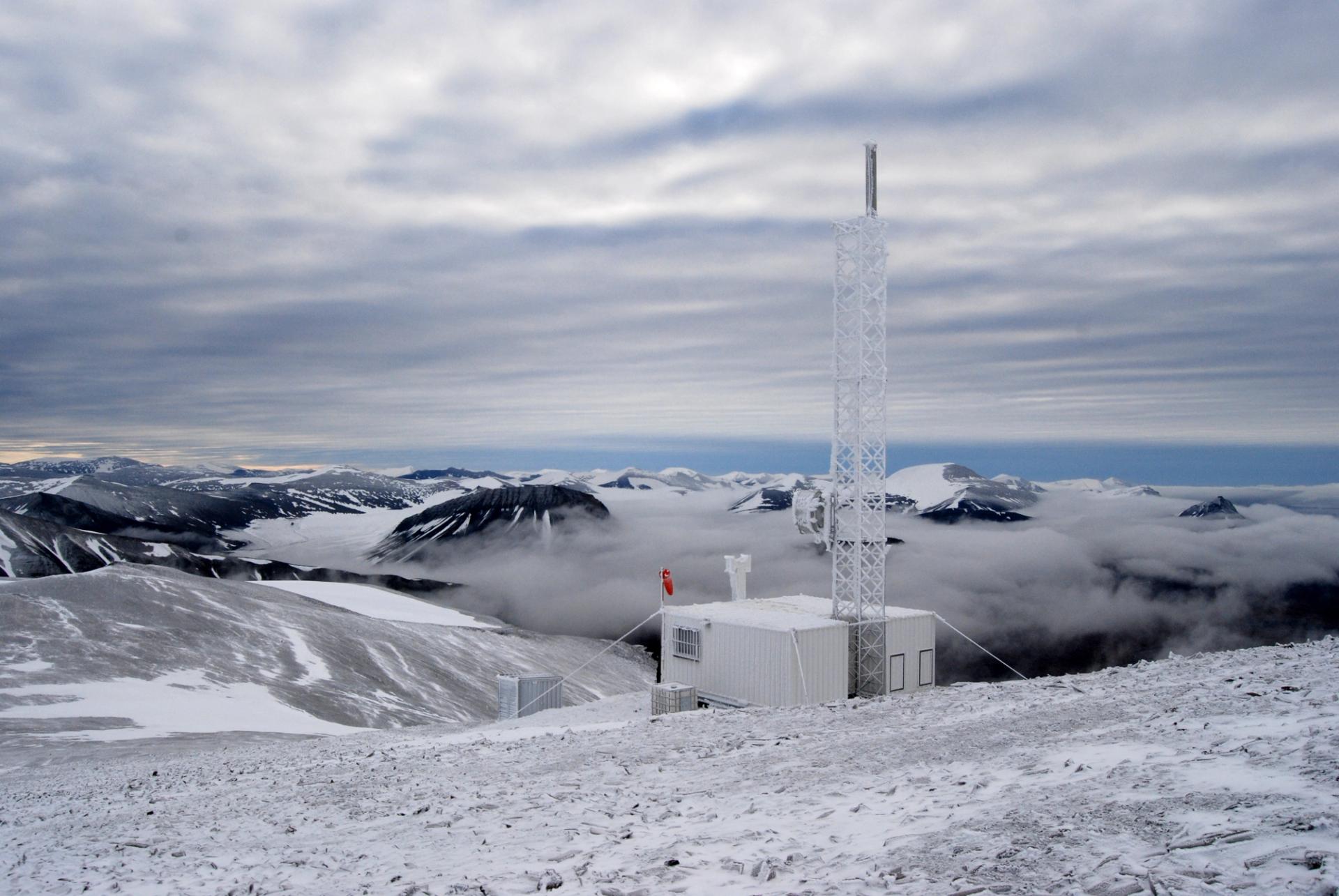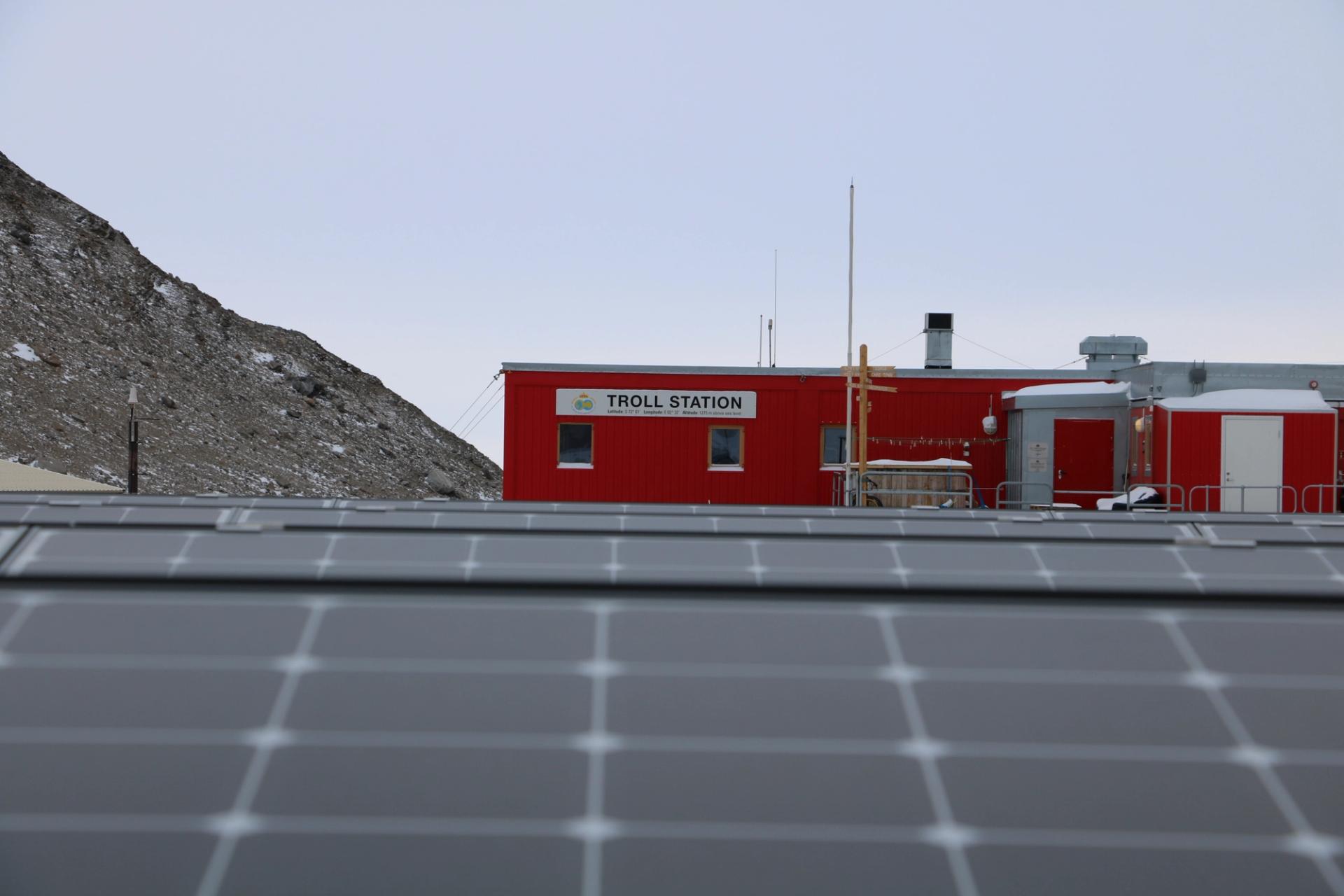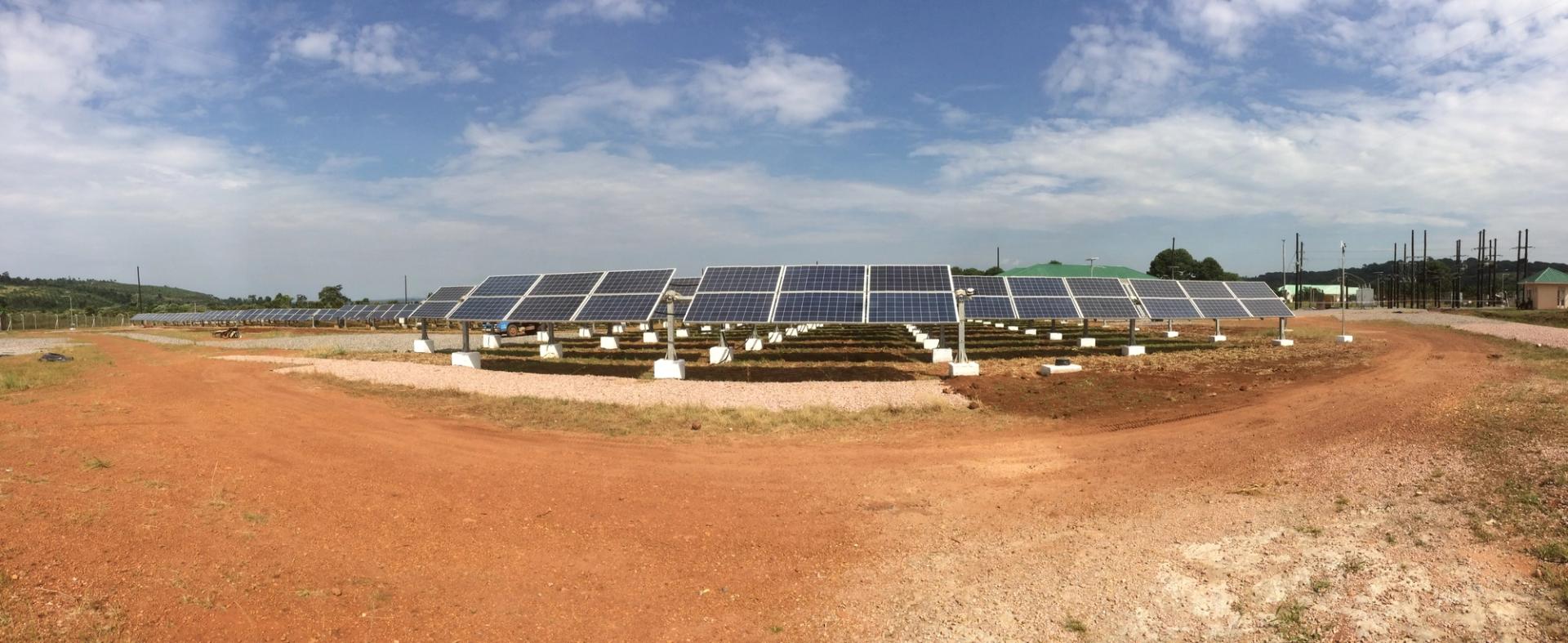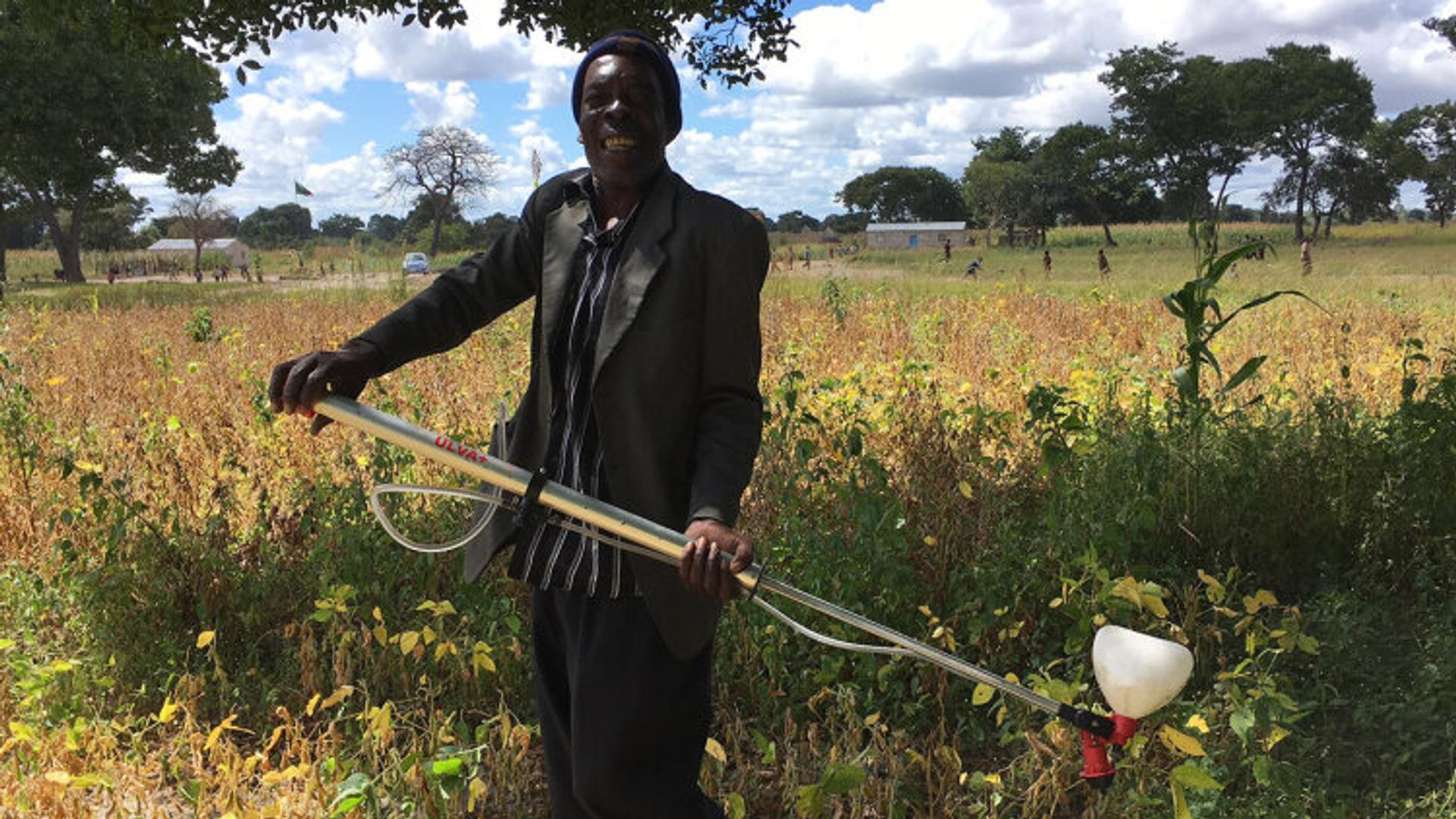

Powering the most remote places on the planet with clean solar technology
Published 17 Oct 2023 (updated 7 Feb 2024) · 4 min read
The distance to the nearest electrical socket can be vast in the Zambian countryside and the icy expanses of Antarctica alike.
Norwegian companies are solving this through innovative technology that generates clean solar – off the grid.
“Off-grid has many advantages. You are self-sufficient when it comes to electricity and not dependent on anyone else to supply it.”
Morten Gaustad
Founder Getek
For some, going off-grid means foregoing modern technology in favour of a life in tune with nature. In the world of energy supply, however, off-grid has a more literal meaning: a solution for providing electricity outside the reach of an urban and centralised power grid.
Off-grid solutions range in size and complexity. They can be as simple as a single solar battery for powering a lamp or mobile phone charger, or as complex as an installation providing electricity for a research station.
From a small niche to a global market
In Norway, few know more about renewable off-grid energy than Morten Gaustad, founder of solar company Getek. He has been in the business since its infancy in the 1980s and is Getek's product and market manager.
“Off-grid has many advantages. You are self-sufficient when it comes to electricity and not dependent on anyone else to supply it. You can also supply electricity in places where there is no functioning power grid. For instance, where it’s too costly or impossible to install transmission cables, or where conflict or natural disaster has knocked the power out,” he says.
Back when Gaustad started working with off-grid technology, renewable solutions were an expensive niche product, limited to inefficient solar panels that often required more energy to manufacture than they could produce during their lifetime.
This, however, has changed.
"When I started out, you could only get 12 to 48 volts from a freestanding solar panel. Now, you can get up to 230 volts, the same as from your electrical socket at home."

“There are few things on earth that have more development impact than electricity.”
Trine K. Berentsen
CEO, Norwegian Solar Energy Cluster
From Antarctica to the Arctic
Off-grid solutions have become indispensable sources of clean electricity all over the world and can even function in the most remote locations on earth.
“We’re providing off-grid solutions to run research facilities in both Antarctica and the Arctic,” says Gaustad, referring to the solar power system his company supplied to the Norwegian Polar Institute's TROLL research station in Dronning Mauds Land in Antarctica.
According to Gaustad, renewable off-grid solutions have enormous growth potential. Not just for Norwegians with holiday cabins and research stations in inhospitable climates, but in developing countries where they provide clean fuel for sustainable growth. Here, Gaustad believes Norwegian manufacturers have a competitive advantage.
“The global market trusts Norway to consistently deliver high quality. That is our experience from working with the UN and the World Food Programme, for instance. Our products tend to go for a higher price, but last much longer. This prevents problems further down the line, and ends up saving money,” he points out.
Advancing sustainable development
Norwegian off-grid solutions are contributing to achieving the UN Sustainable Development Goals in Africa.
"There are few things on earth that have more development impact than electricity,” says Trine K. Berentsen, CEO of the Norwegian Solar Energy Cluster.
“Electricity provides necessities such as reading light and internet access and gives small and medium-sized enterprises the opportunity to grow. Off-grid electricity is empowerment in practice,” she says.
Solar Village is one Norwegian company that has demonstrated how small-scale off-grid solutions can make a great impact.
“Our main market is Zambia, where only 20 per cent of the population has access to the power grid,” says the founder and CEO of Solar Village, Peter Legat. “We wanted to find a way to provide electricity to the Zambian agricultural sector.”
Solar Village’s flagship product is the Battery Stick™, a rechargeable solar battery that can power a range of energy-efficient appliances, including lamps, phone chargers, fans, speakers, and even TVs.
Importantly, the Battery Stick can power handheld pesticide sprayers manufactured by the Micron Group. Although relatively simple, these sprayers can make a huge difference for smallholder farmers.

Solar is the cheapest option in Africa
“We need to keep in mind that smallholder farmers’ primary energy source is muscle power. Access to electricity is therefore directly related to productivity. We see that small-scale solutions like this directly increase a farmer’s income.”
Peter Legat
CEO, Solar Village
From a sustainability perspective, it is of course positive that farmers in developing countries are choosing solar-powered solutions. However, in Legat’s experience, environmental concerns are not necessarily the key factor in their decision making.
“For farmers, environment-friendliness is not the most important thing. They are mainly concerned with getting an affordable product that is reliable, durable, and cheap to operate and maintain,” he says.
“And in Africa, solar is often the cheapest solution. Most customers can quickly recoup their investment.”
Although its main market is Zambia, Solar Village is looking to expand. The company is currently running pilot projects in collaboration with cotton manufacturers in Benin, Cameroon, Mozambique and Nigeria. Legat sees major growth potential for renewable off-grid solutions across the African continent and beyond.
“There are tremendous opportunities in these markets. Those who are willing to invest can make a huge difference,” he concludes.
